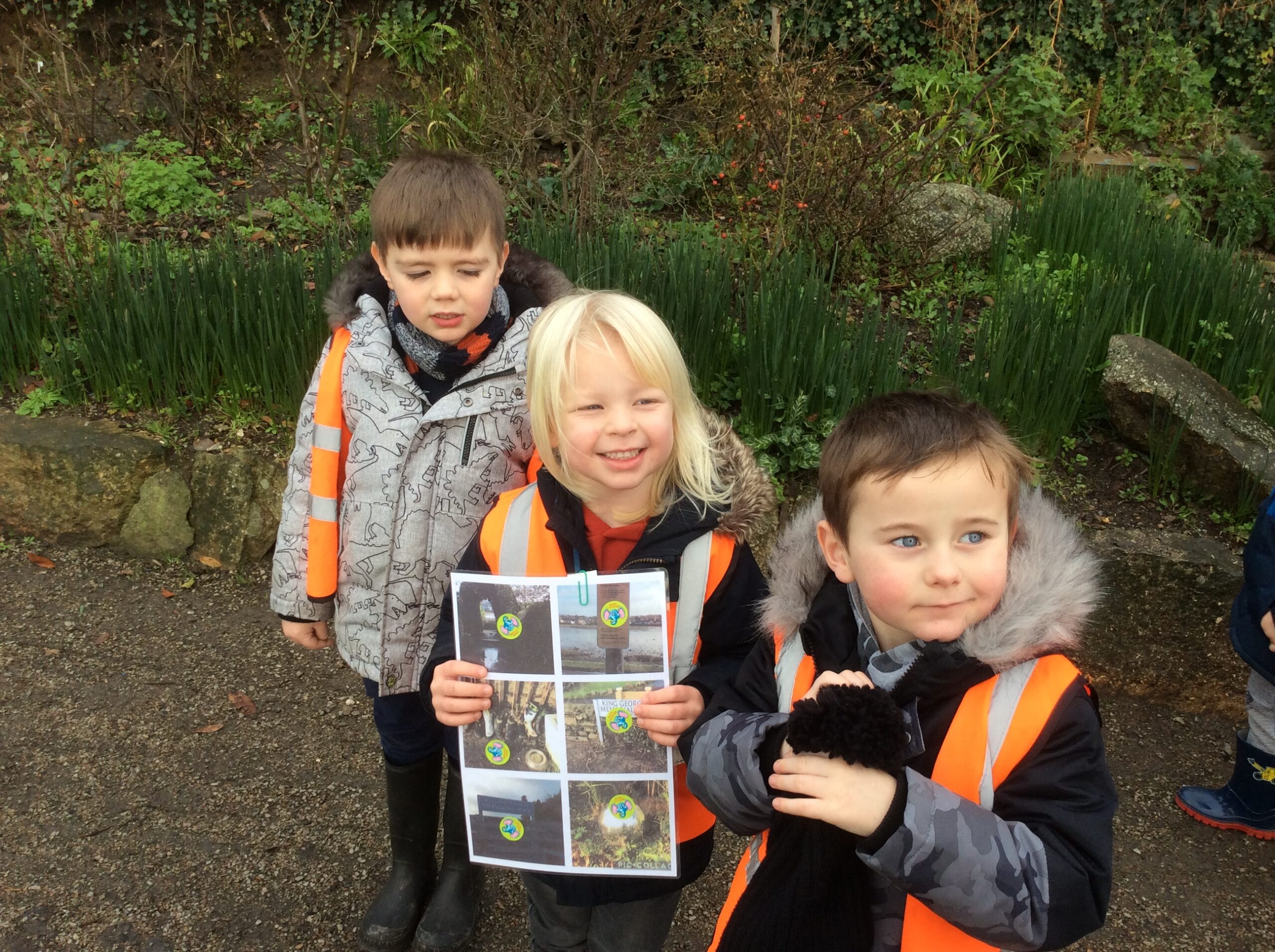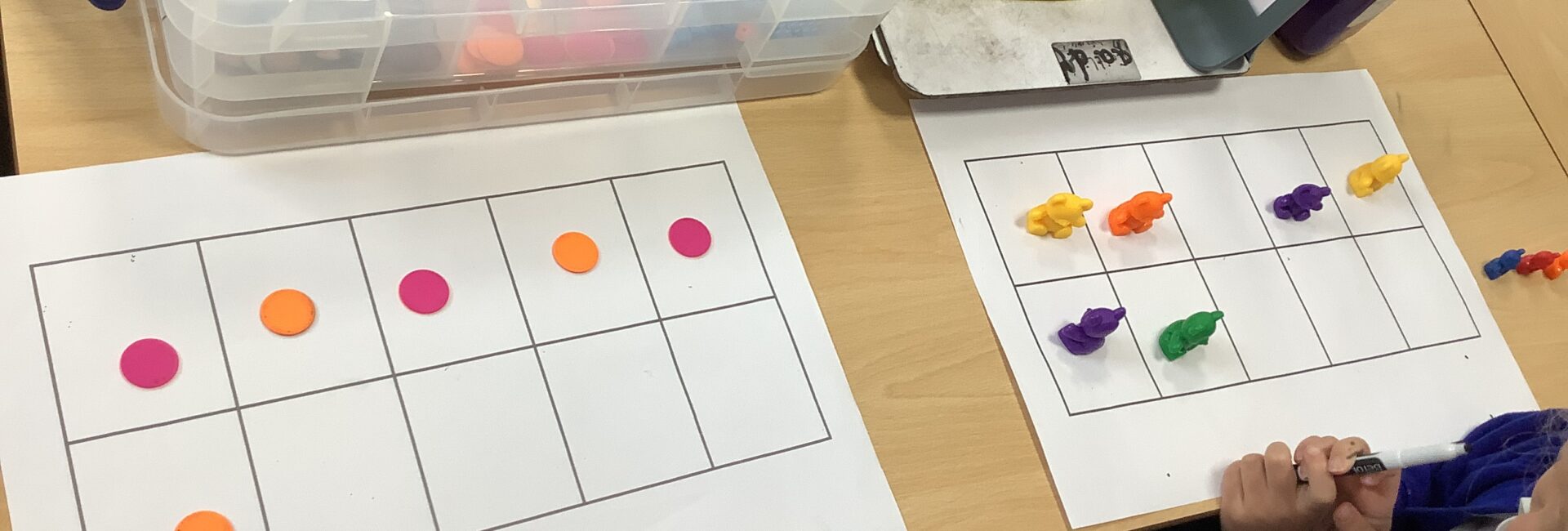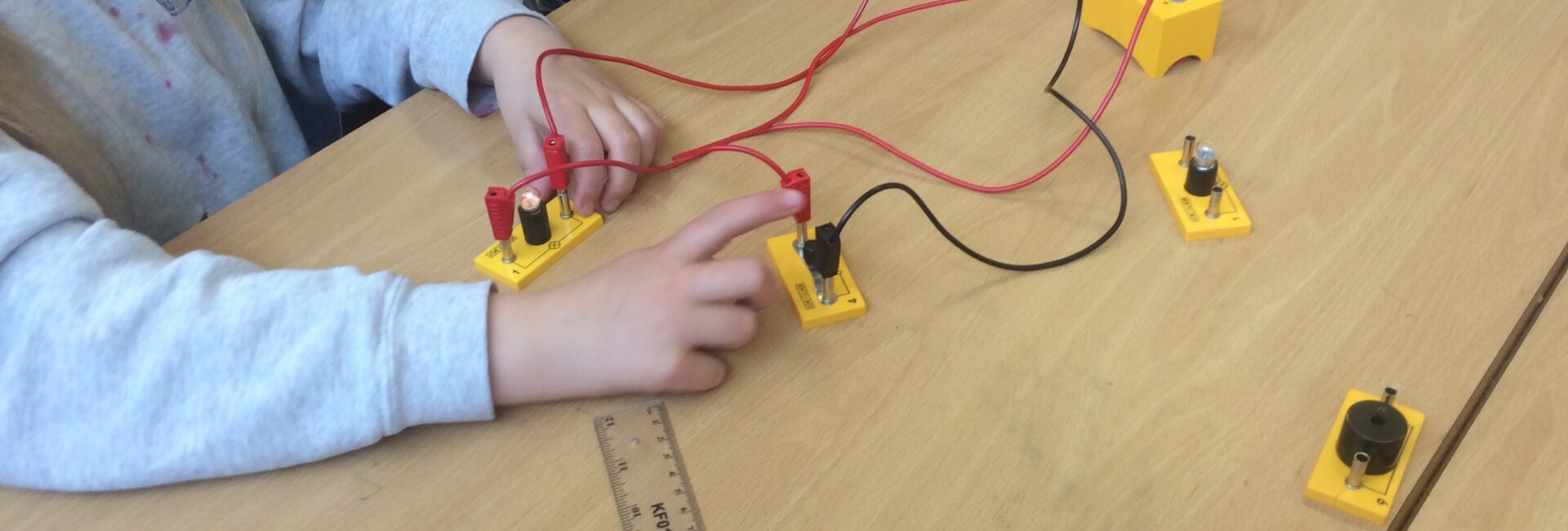Welcome to Rosemellin Primary School


Welcome to Rosemellin School
It is such a privilege to be the headteacher of Rosemellin Primary School and part of a wonderful wider community.
At Rosemellin, we want our children and school community to CARE so that we can make a positive difference to the rapidly changing world we live in. Our carefully designed curriculum is ambitious, engaging and enables us to be Curious, Active, Reflective and Evolutionary through our continuous journey of learning. This is an exciting stage in a child’s life and we want them to enjoy their time at school and be enthused to gain a range of knowledge and skills that can be used in different aspects of life. Our website will give you a snapshot of what we do at Rosemellin but I would always encourage you to come and visit and see us in action!
Charlene Sargent
Contact





